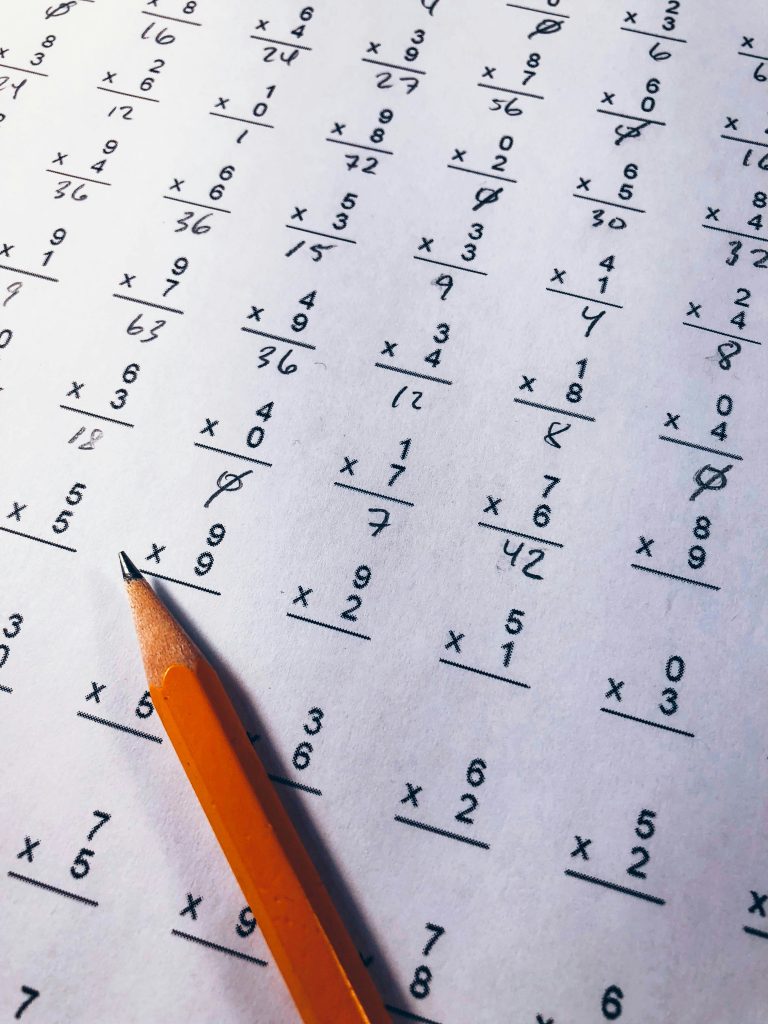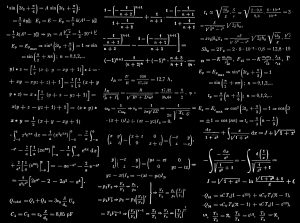Why SIP Abacus Classes are Essential for Developing Mental Agility in Kids

As a parent, you want your child to excel in various aspects of life. One area that often poses a challenge for children is mathematics. Many kids struggle with arithmetic operations and fail to grasp the fundamental concepts. It’s a common concern shared by parents across India. But what if there was a way to enhance your child’s mathematical abilities while also boosting their overall cognitive development?
This is where SIP Abacus classes come into play. These specialized learning experiences not only improve your child’s mathematical skills but also help develop their cognitive abilities and mental agility. In this blog post, we will explore the powerful impact of SIP Abacus training and why it is essential for your child’s growth.
What is an Abacus?
Before diving into the benefits of SIP Abacus classes, let’s first understand what an abacus is. The abacus is a centuries-old counting tool that enables individuals to perform calculations quickly and accurately. It consists of rows of beads or counters that can be moved back and forth on rods or wires.
The abacus provides a visual representation of numbers and helps children grasp mathematical concepts through hands-on learning. By manipulating the beads on the abacus, children can understand addition, subtraction, multiplication, and division in a tangible way.
Types of Abacus around the World
Abaci come in various forms across different cultures. Some of the most well-known types include:
-
Chinese Abacus (Suanpan): This is the most widely recognized form of abacus, consisting of two decks with beads on vertical rods.
-
Japanese Abacus (Soroban): The soroban features one deck of beads on vertical rods and is commonly used in Japan for abacus calculations.
-
Russian Abacus (Schoty): The schoty has ten wires with ten beads on each wire, allowing for calculations up to 1000.
-
Indian Abacus: The Indian abacus is similar to the Chinese abacus and is widely used in India for teaching mental calculations.
These different types of abaci share a common goal: to enhance mathematical skills and mental agility in individuals.
How SIP Abacus Develops Mental Agility
|
Components |
Description |
|---|---|
|
Whole-Brain Activation |
Engages both hemispheres of the brain, enhancing cognitive function and problem-solving skills. |
|
Mental Math Skills |
Develops the ability to perform complex calculations quickly, improving working memory and mental agility. |
|
Improved Concentration and Focus |
Enhances focus and attention span through Brain Gym exercises and timed activities, benefiting overall cognitive engagement. |
|
Holistic Cognitive Development |
Fosters problem-solving, critical thinking, and memory retention, contributing to mental agility and adaptability. |
|
Confidence and Self-Esteem |
Boosts confidence and self-esteem, empowering children to tackle challenges with a positive mindset. |
|
Competitive Edge |
Provides a competitive edge in exams and future academic endeavors due to advanced mental math skills. |
The Power of Abacus Learning
Abacus learning goes beyond traditional methods of teaching mathematics. It leverages the visual and tactile aspects of the abacus to provide a holistic learning experience that engages both the left and right hemispheres of the brain. This comprehensive approach stimulates cognitive development and promotes whole-brain thinking.
Let’s explore the key components of SIP Abacus training and how they contribute to mental agility in children.
-
Whole-Brain Activation
SIP Abacus classes engage both hemispheres of the brain, enhancing cognitive function and promoting whole-brain thinking. This dual activation improves problem-solving skills, logical reasoning, and analytical thinking. By leveraging the abacus as a visual tool, children develop strong visual-spatial abilities, which are crucial for mental agility.
-
Mental Math Skills
One of the primary focuses of SIP Abacus training is developing strong mental math abilities. Children learn to perform complex calculations quickly and accurately, without relying on external aids such as calculators or pen and paper. This skill enhances their ability to solve problems mentally, contributing to mental agility.
Regular practice with the abacus improves working memory, which is essential for storing and manipulating information. As children become more proficient in mental calculations, their working memory capacity expands, further enhancing mental agility.
-
Improved Concentration and Focus
SIP Abacus classes incorporate Brain Gym exercises to improve concentration, coordination, and memory retention. These exercises help children develop better hand-eye coordination, a crucial skill for mental agility.
Enhanced focus and attention span are vital for mental agility, allowing children to engage more effectively in their studies and tackle complex problems. The timed nature of some SIP Abacus activities, such as competitions like SIP Prodigy, further hones concentration and mental agility.
-
Holistic Cognitive Development
SIP Abacus training enhances overall cognitive function by developing skills such as problem-solving, critical thinking, and memory retention. These cognitive improvements contribute significantly to mental agility, enabling children to adapt quickly to new challenges.
The structured curriculum of SIP Abacus classes ensures progressive learning, with each level building upon the previous one. As children advance through the different modules, they develop a solid foundation in mathematical concepts and problem-solving strategies.
-
Confidence and Self-Esteem
As children master abacus techniques, they gain confidence in their mathematical abilities. This boost in self-esteem empowers them to approach challenges with a positive mindset, fostering mental agility and resilience. SIP Abacus classes provide a supportive environment where children can explore their potential and build their confidence.
Summing Up
SIP Abacus training is a powerful tool for building mental agility in children. By combining abacus techniques with cognitive development strategies, it enhances whole-brain thinking, mental math skills, concentration, and overall cognitive function. This comprehensive approach not only improves mathematical abilities but also equips children with the mental agility needed to excel in various aspects of life.
Studies have shown that children who complete the SIP Abacus program perform significantly better in math and reading at school, often achieving results 3-4 years ahead of their peers within just two years of joining the program. The unique approach of developing both sides of the brain has proven effective in nurturing children’s academic and overall growth.
If you’re looking to give your child that competitive edge and help them develop strong mathematical skills and mental agility, consider enrolling them in SIP Abacus classes. Watch as they unlock their full potential and become confident, agile problem solvers.
Remember, SIP Abacus India offers world-class skill development programs that unlock the mental potential of children through fun learning methodologies. Its structured curriculum, small class sizes, and interactive software ensure that each child receives individual attention and enjoys a personalized learning experience.
Empower your child with the tools they need to succeed – enroll them in SIP Abacus classes today!



